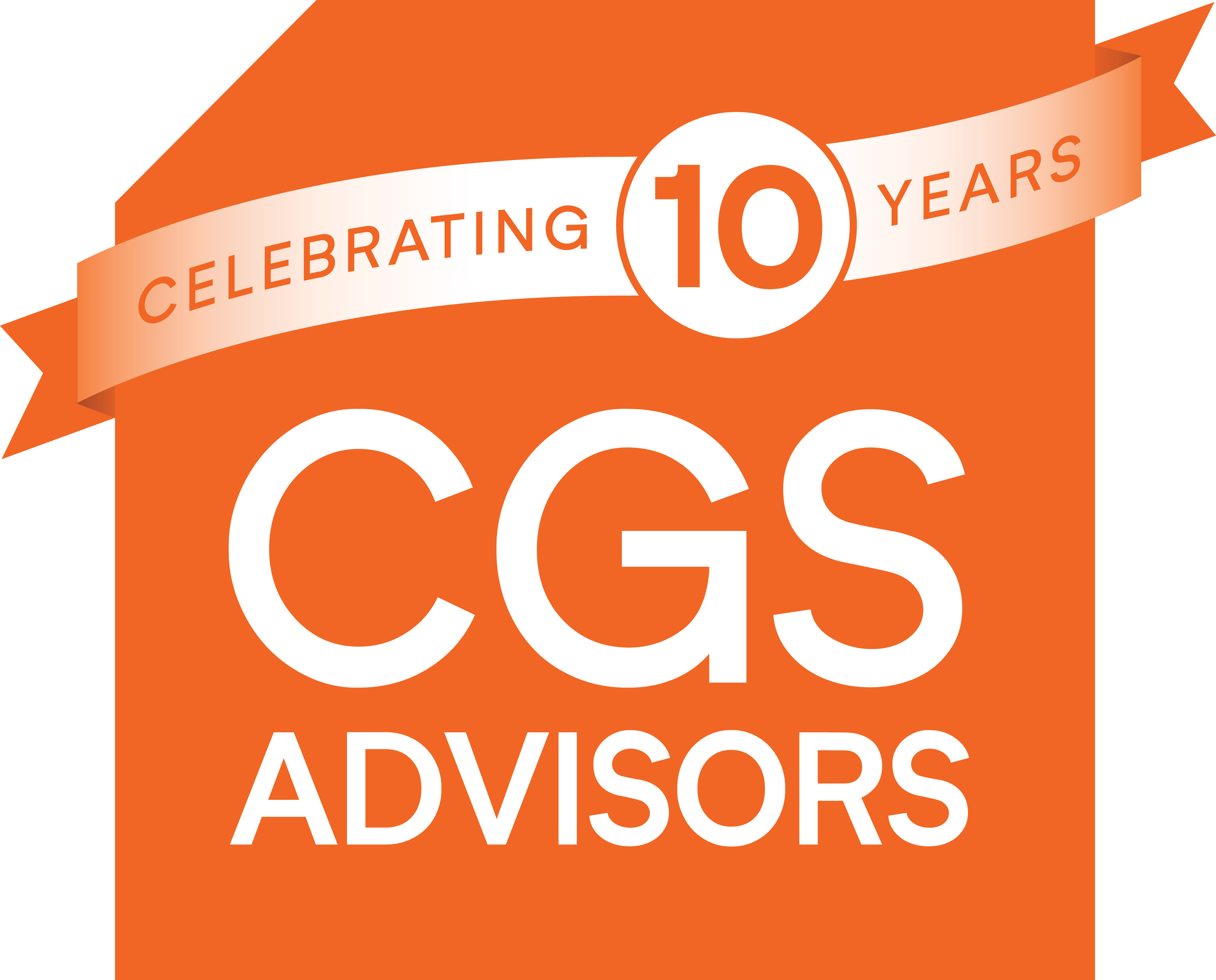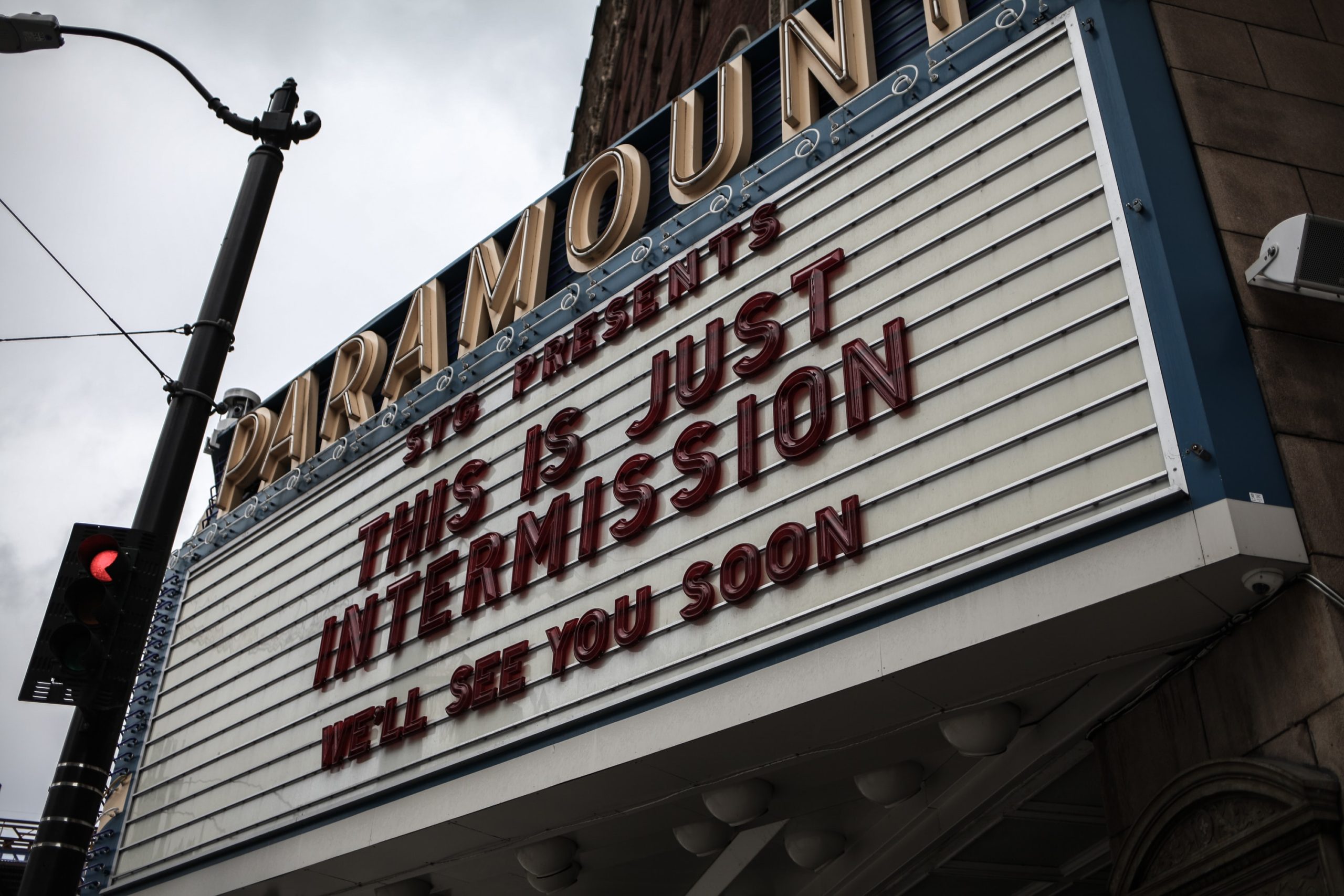Making the Future During a Crisis
While no one knows with any certainty when this episode of COVID-19 will abate and what the world will look like when we get to the other side, I do feel confident in writing that whatever your day to day environment was and your experiences were, they will forever be changed. Just looking through the lens of work and how it “gets done”, my past experiences of leading through crises informs me that many of the temporary stop gap measures put in place by management to allow their organizations to weather the pandemic may not be lifted once we start our recovery. Leadership will begin to see the how the pivot of having staff working from home, furloughs, layoffs and reducing other variable costs positively impacts the company’s bottom line. The temptation will be great to not return to all the “benefits” most of us enjoyed as the degree of unease in the world economics will stay with us for a long time. I am not saying that this is either right or wrong, but something that all of us have to be thinking about. Leadership will need to start internalizing and begin formulating their “Making the Future” plans and developing a communication strategy for the future. In many respects all forms of government; Federal, State and Local are busy now enacting structural changes that are intended to provide shelter from the storm but never, if hardly ever, get unwound or tamped down. For those of us who are over 40, we can remember what the world was like pre-911 and the 2008 financial melt down. There was never a return to life as we knew it previous to those events, and the same will be true for post COVID-19.
I am certain that many parts of an organization (other than how employees are connecting from their home office) will be profoundly affected by this crisis. I am now thinking about the rate of change being accelerated by the digitization of commerce, knowledge flows, and business processes that by necessity are being taken away from a worker and moved to a machine. For some time many of us have been watching the migration of work from labor/human intensity to digital and frictionless. Some believed that this inevitable change would be at a pace that would allow the workers to be retrained and moved into roles that would not be lost to technology. This crisis has totally upended that strategy. The work that is being impacted by our current situation may not come back, and if it does, it will only be temporary. Perhaps a good example of this from my perspective is observing what is happening within the various federal agencies that are working to address this pandemic: they are all moving fast by reducing or removing barriers that have been in place for years, that in retrospect should have been discarded long ago. The rate of inventions and innovations that are taking place as they work in the new “Whole of Government Approach” and partnering with the private sector are exposing the bureaucratic impediments which should be changed forever once all involved can slow down enough and catch their breaths. The same is and should be true for all organizations as they look to their future.
So my recommendation here is for all of us, with a special focus on a company’s leadership and their respective Board of Directors, is to begin planning now for “Making the Future”. All of us have been spending our precious time and energy on getting through the crisis. Specific teams, task forces and committees have been spun up to focus on the here and now and are doing amazing things to get the organizations in a position to survive. But leadership must now begin the hard work of looking into the coming months and making their bets on how to best structure their organizations, supply chains, partners and customers to what their new reality will be. They must start to put in place the building blocks to achieve it. I once worked for a leader who stated “if you want to predict the future, you have to build it”. Employees need to start hearing from their management that they are working on a plan and soon will be able to begin communicating the new vision, as we will need to win back the hearts and minds of all of our stakeholders and work with them to believe in the future.

Tim McCabe is a CGS Fellow helping to lead clients through significant transformation. He is a former global CIO and officer of Delphi Corporation where he helped to lead through the restructuring and digitization stemming from the largest bankruptcy in history.


